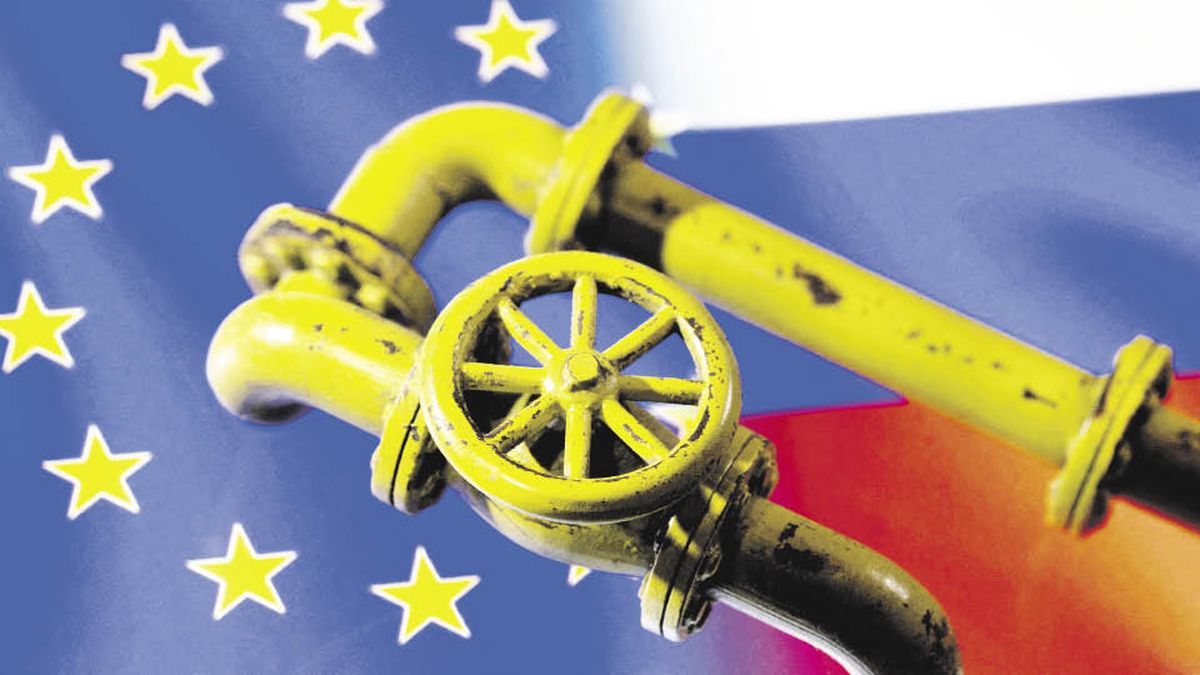According to the European statistics agency Eurostat, inflation in the eurozone – made up of the 19 countries of the European Union that adopted the common currency – reached its highest record since the beginning of the historical series, in 1979. In April, Eurostat had already estimated a rate of 7.4%.
Inflation in the eurozone began in November of last year – a source of an upward trend due to the increase in energy prices, and since then each month it has established a new record in its historical series. It expressed the tensions around Ukraine that led to the invasion of February 24.
Inflection
At the end of February, however, the start of the military conflict itself dramatically aggravated the rise due to its impact on energy prices and the effects on the world food market.
When considering the components of inflation for May, Eurostat pointed out that energy prices represented a year-on-year increase of 39.2% in May, above the 37.5% that had been registered in April.
Similarly, food prices (in a statistical set that includes food, beverages and tobacco) had an increase of 7.5%, above 6.3% in April).
Among the main economies of the bloc, Germany experienced year-on-year inflation of 8.7% last month -somewhat higher than the national statistics, which is carried out with different parameters from that of the eurozone-, Spain 8.5% and Italy 7, 3%.
The most affected countries were the Baltics -with rates between 20%, in the case of Estonia, and 16.4%, for Latvia-, Slovakia -11.8%-, Greece -10.7%- and the Netherlands – 10.2%-.
Scenery
The outlook tends to worsen as the war in Ukraine begins to directly affect the energy market. In this sense, the Russian company Gazprom said yesterday that as of today it will cut off the flow of gas to the Danish company Orsted and to Shell Energy in Germany due to the refusal of both to pay for the supply in rubles.
Russia has already cut off gas to Poland, Bulgaria, Finland and the Netherlands, which refused to make payments according to a lawsuit that calls for the creation of ruble accounts in a Russian bank as part of the liquidation plan. The Italian state company ENI did agree to open an account in rubles to convert its deposit into euros, taking advantage of a kind of license granted by the EU authorities.
In the case of Denmark, Russian gas accounts for 18% of consumption, which will force the country to seek an alternative source and pay a higher price.
Meanwhile, the EU is advancing with an embargo on Russian oil, but not yet on gas, on which it depends to a greater extent. To alleviate the problems of the progressive cut of Russian exports, the block seeks to redirect gas from Spain, a country more linked to the supply of Algeria. Given this, the Government of Pedro Sánchez wants the EU to pay for an additional gas pipeline between Catalonia and France so that the fluid reaches central Europe.
Raw
EU leaders agreed on Monday an embargo on Russian oil imports that will begin to apply at the end of the year and that exempts, for now, imports via pipelines, on which Hungary, the Czech Republic and Slovakia depend.
The toughest sanction imposed on Russia for its invasion of Ukraine, agreed overnight after weeks of discussions, aims to eliminate 90% of Russian crude imports into the 27-nation bloc by the end of the year, some seniors said. charges.
“The purpose is to stop Russia’s aggressive war,” Latvian Prime Minister Krisjanis Karins said, citing a limitation on the Kremlin’s ability to finance its war effort.
Two thirds of the Russian oil imported by the EU arrives through tankers and one third through the Druzhba pipeline.
The goal of cutting 90% of all Russian imports by the end of 2022 includes deliveries by sea, as well as Poland and Germany stopping importing Russian oil by pipeline by then, something they have committed to doing.
Source: Ambito
David William is a talented author who has made a name for himself in the world of writing. He is a professional author who writes on a wide range of topics, from general interest to opinion news. David is currently working as a writer at 24 hours worlds where he brings his unique perspective and in-depth research to his articles, making them both informative and engaging.




